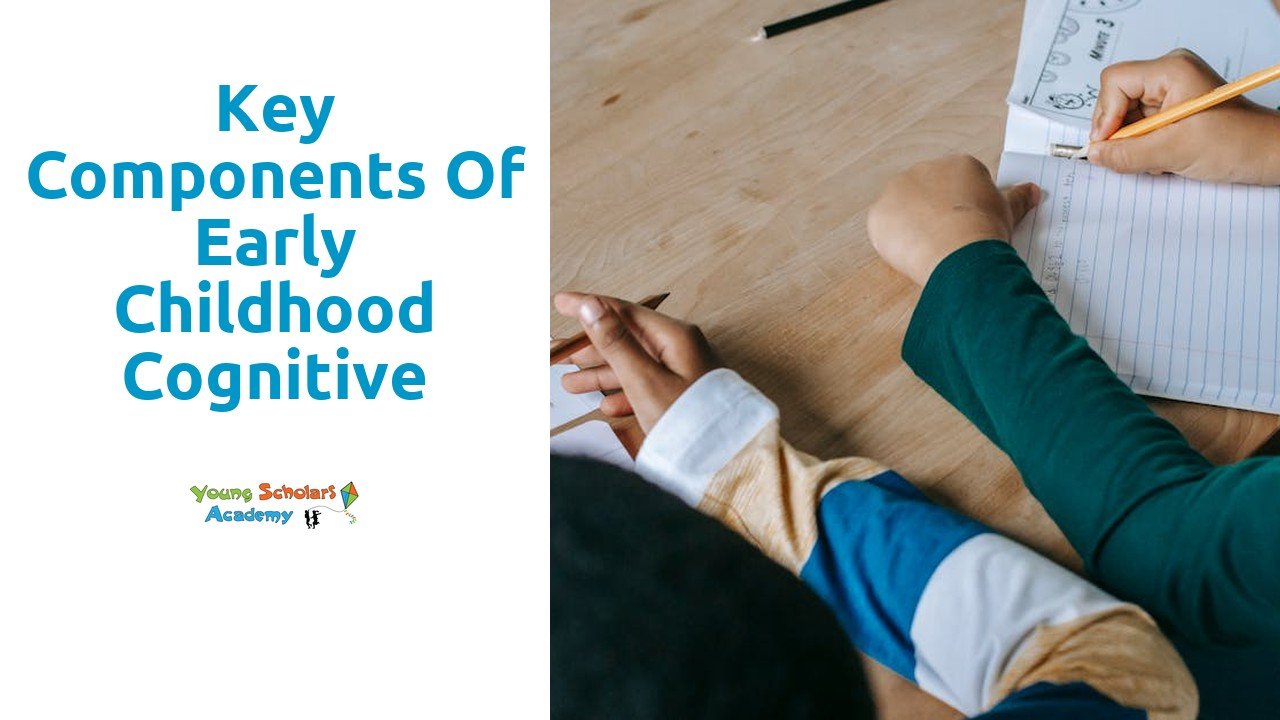Curriculum Design
Curriculum design plays a vital role in early childhood cognitive development programs at Cognitive Development Mountain View Estates, Sandy. It serves as the roadmap that guides the educational journey of young learners, ensuring that they are exposed to a comprehensive and engaging range of activities. The curriculum is thoughtfully crafted to promote holistic development, encompassing cognitive, social, emotional, and physical aspects to provide a well-rounded learning experience.
At Cognitive Development Mountain View Estates, Sandy, the curriculum design takes into account the diverse needs and abilities of each child. It is flexible and adaptable, allowing educators to tailor activities and learning experiences to meet the individual needs of each student. By offering a stimulating and nurturing environment that is responsive to the unique strengths and challenges of every child, the curriculum design fosters a sense of belonging and supports each student in reaching their full potential.
Tailoring Programs to Individual Needs
Tailoring programs to individual needs is a crucial aspect of early childhood cognitive development initiatives in Utah. At Cognitive Development Chufar Acres, Sandy, educators understand the significance of recognizing the unique learning styles and abilities of each child. By focusing on personalized instruction, they can effectively cater to the diverse needs of students, helping them reach their full potential. This approach fosters a supportive learning environment where children are encouraged to thrive and grow at their own pace.
Moreover, customization of programs ensures that children receive targeted interventions that address their specific areas of development. Cognitive Development Chufar Acres, Sandy, prides itself on its ability to create tailored strategies that help children overcome challenges and build upon their strengths. By individualizing instruction, educators can engage students more effectively, leading to enhanced learning outcomes and overall cognitive growth. Tailoring programs to meet the unique needs of each child ultimately plays a crucial role in maximizing the impact of early childhood cognitive development programs in Utah.
Teacher Training
Teacher training is a vital element in enhancing early childhood cognitive development in Utah. Educators undergo specialized training to effectively implement instructional strategies that cater to the needs of young children. At Cognitive Development Little Cottonwood, Sandy, teachers receive ongoing professional development to stay abreast of the latest research and innovative teaching techniques. This ensures that educators are well-equipped to create stimulating and engaging learning environments that foster cognitive growth in young learners.
The teacher training program also focuses on developing teachers’ ability to individualize instruction based on each child’s unique needs and learning style. By tailoring programs to the individual needs of students, educators at Cognitive Development Little Cottonwood, Sandy, can provide targeted support that maximizes each child’s cognitive development. Through comprehensive training and ongoing support, teachers are empowered to implement effective instructional strategies that promote cognitive growth and ensure the overall success of early childhood cognitive development programs in Utah.
Implementing Effective Instructional Strategies
To enhance early childhood cognitive development, it is imperative for programs in Utah to focus on implementing effective instructional strategies. One approach that has shown significant impact is incorporating hands-on activities that engage children in meaningful ways. By providing interactive learning experiences, students at Cognitive Development David Street, Sandy are able to deepen their understanding of concepts and develop critical thinking skills. Furthermore, utilizing demonstrations and visual aids can help solidify new knowledge and ensure retention among young learners.
In addition to hands-on activities, another essential instructional strategy is the incorporation of cooperative learning opportunities within the curriculum. By encouraging collaboration and group work, children at Cognitive Development David Street, Sandy are able to enhance their social skills while also reinforcing their cognitive development. Teachers play a crucial role in facilitating these interactions and guiding students through collaborative tasks that promote communication, problem-solving, and peer-to-peer learning. By integrating these effective instructional strategies, early childhood programs in Utah can create a dynamic and engaging learning environment that supports the holistic development of young learners.
Assessment and Monitoring
Assessment and monitoring play a vital role in gauging the effectiveness of cognitive development programs. Regular assessments allow educators to track the progress of each child in the program, identify any areas that may need additional support, and tailor instruction accordingly. By assessing cognitive development milestones, teachers can ensure that each child is on track and meeting the necessary developmental benchmarks. Additionally, ongoing monitoring helps in identifying any early signs of difficulties or delays in cognitive development, enabling prompt interventions to address these issues and provide appropriate support. Cognitive Development Perry, Sandy asserts that frequent assessments and close monitoring are key factors in ensuring the success of early childhood education programs.
Incorporating a variety of assessment methods, such as observations, informal assessments, and standardized tests, provides a comprehensive view of each child’s cognitive development progress. These assessments help teachers gain insights into a child’s strengths, challenges, and learning styles, further enabling them to personalize the instruction to meet individual needs. Moreover, continuous monitoring allows educators to make real-time adjustments to their instructional strategies, ensuring that each child receives the support necessary to thrive in their cognitive development journey. By prioritizing assessment and monitoring within early childhood cognitive development programs, educators can effectively support each child’s unique learning path and foster a strong foundation for future academic success. Cognitive Development Perry, Sandy emphasizes the significance of assessment and monitoring in promoting optimal cognitive growth in young learners.
Tracking Progress and Adjusting Strategies
Tracking progress and adjusting strategies are crucial aspects of cognitive development programs in early childhood at Chufar Acres, Sandy. By regularly monitoring the progress of each child, educators can identify areas of strength and areas that may need additional support. This ongoing assessment allows teachers to tailor their instructional strategies to meet the individual needs of each child, ensuring a more personalized learning experience.
Moreover, by making continuous adjustments to the teaching methods and curriculum design based on the progress of the children, educators can enhance the effectiveness of the cognitive development program. This flexibility enables teachers to address any challenges that may arise and adapt their approaches to better support the cognitive growth of each child at Cognitive Development Chufar Acres, Sandy.
FAQS
What is the importance of curriculum design in early childhood cognitive development programs in Utah?
Curriculum design plays a crucial role in shaping the learning experiences of young children by providing a structured framework for their cognitive development.
How are programs tailored to meet the individual needs of children in Utah’s early childhood cognitive development programs?
Programs in Utah are customized to address the unique strengths and weaknesses of each child, ensuring that their cognitive development is nurtured effectively.
What type of training do teachers receive to support early childhood cognitive development in Utah?
Teachers undergo specialized training that equips them with the knowledge and skills necessary to facilitate cognitive development through engaging and interactive activities.
How are effective instructional strategies implemented in early childhood cognitive development programs in Utah?
Programs in Utah incorporate evidence-based instructional strategies that have been proven to enhance cognitive development in young children, ensuring optimal learning outcomes.
How is the progress of children in early childhood cognitive development programs monitored and assessed in Utah?
Progress is continuously monitored through assessments that track cognitive growth, allowing educators to make data-driven decisions and adjust strategies to support each child’s development effectively.
Related Links
Best Practices for Implementing Early Childhood Cognitive Development Programs in Utah






